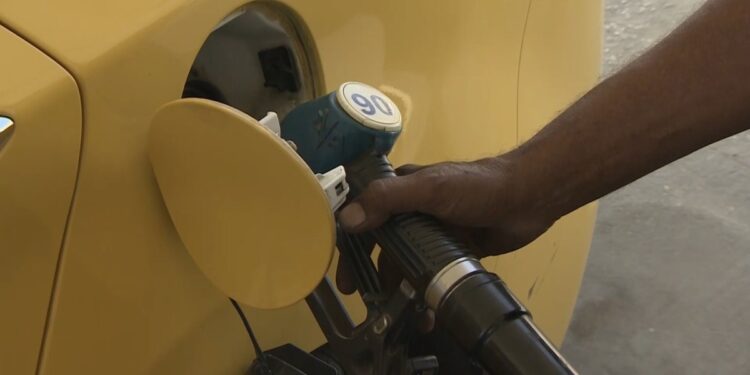On the first day of 2024, Israel raised the retail price of a liter of unleaded gasoline (95 octane), which is controlled by the government, by 0.28 shekels ($0.077) to 7.22 shekels ($2) at the pumps, at a time when right-wing Finance Minister Bezalel Smotrich declined. Extending the reduction in fuel taxes that was in effect.
This comes after escalating economic pressures on Israel’s budget and economic activity as a result of the war on the Gaza Strip, which is approaching its third month, which prompted it to announce its intention to demobilize 5 military brigades from the reserve, and to reduce interest rates by 0.25% with the aim of stimulating the economy.
The 2024 budget has not yet been approved, and therefore the Ministry of Finance does not have a budget source to cover the decline in revenues, according to the law.
According to the Israeli economic newspaper “Globes”, financing gasoline tax cuts is not among the Ministry of Finance’s concerns in the 2024 budget, which requires significant spending cuts to confront the costs of the war.
The monthly cost to the Israeli treasury of subsidizing gasoline prices ranges between 100 and 200 million shekels ($27.56 and 55.12 million), depending on price fluctuations in the global market and the shekel exchange rate against the dollar.
The Israeli Ministry of Finance allocated 1.1 billion shekels ($303.18 million) in the 2023 budget to reduce taxes on fuel, and has maintained these cuts since April 2022 when they were first identified by former Finance Minister Avigdor Lieberman following the outbreak of the Russian-Ukrainian war.



